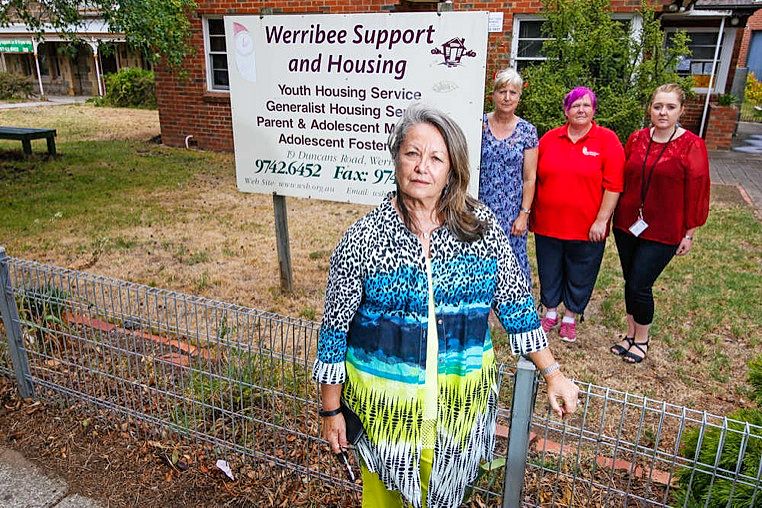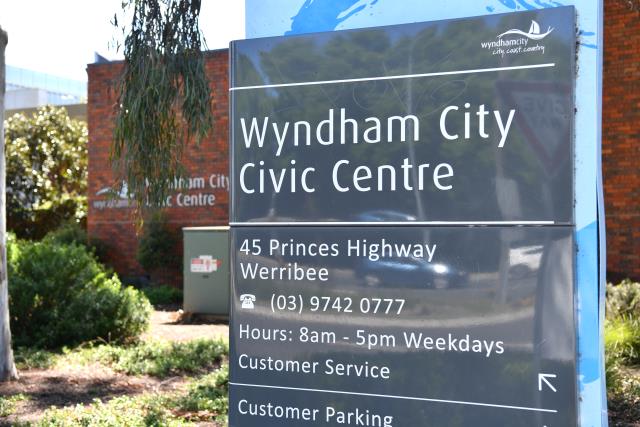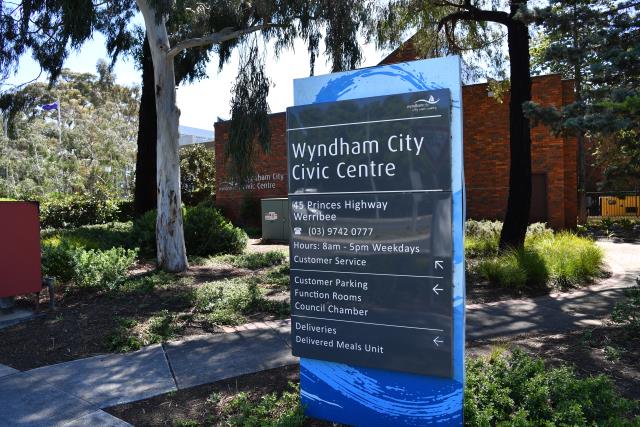Wyndham council has denied a request by UnitingCare Werribee Support and Housing (WSH) to continue funding its Wyndham Wellness Program.
The council, which had funded the service since the 2007-08 financial year, said it could no longer “fill the gap” and that state and federal governments should have primary funding responsibility for the program.
The council said it would work with the program to find sources of funding and advocate for expanding support services for Wyndham residents.
A report tabled at Monday night’s council meeting said cost-shifting from state and federal governments and the introduction of rate-capping meant Wyndham council had to “become even more realistic, transparent and focused about its roles and responsibilities and what it has the capacity to resource”.
Cr Marie Brittan said the council had given more than $700,000 to the Wyndham Wellness Program but could not continue to fund a program that should be covered by the state or federal governments.
“There has been significant investment in just one program, and council has never committed to fund Wyndham Wellness on an ongoing basis,” Cr Brittan said.
The council’s stance comes in response to a 324-signature petition lodged at the January council meeting calling on Wyndham to restore funding to the program, which supports residents in financial crisis.
Funding was cut last December because of a change in the council’s grants scheme.
The program, which supported up to 400 residents a year, offered immediate support for people threatened with eviction or suspension of utilities or in need of interest-free loans for car maintenance.
UnitingCare WSH chief executive Carol Muir said the program’s board had been self-funding the program since council funding ceased, and it was approaching the community and corporate sectors to keep it running.
“For five years now we’ve been looking for alternative auspices,” she said. “It’s very clear to us, and to the council officers who have been working with us, that the Commonwealth and state governments do not fund municipal- focused programs that cover every age and target and cover a range of issues.
“We believe strongly that it’s a municipal responsibility.”
















